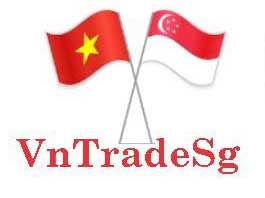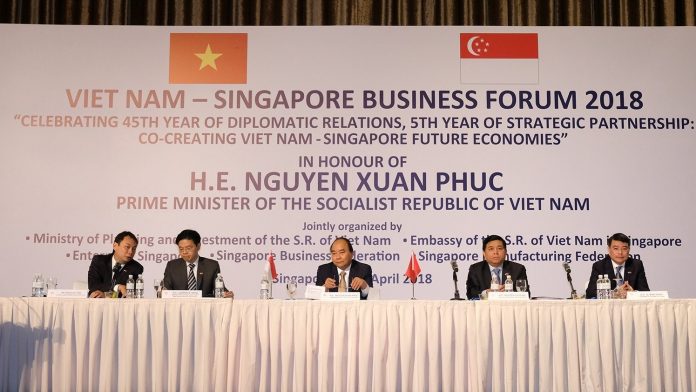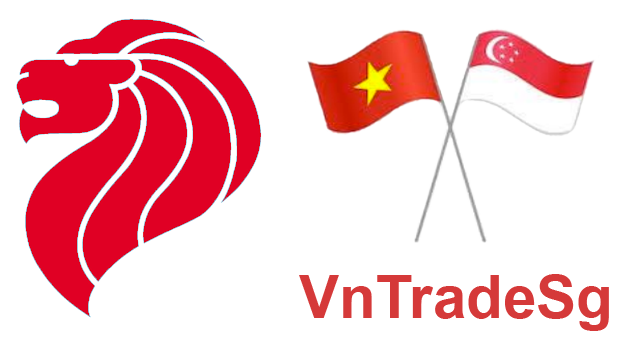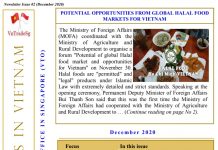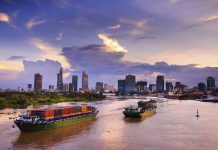Singapore businesses investing in Vietnam can capitalise on preferential treatment under free trade agreements (FTAs) that Vietnam has signed to boost exports. Vietnam has signed 14 free trade agreements, which are ATIGA, RCEP, CPTPP, ASEAN-India, ASEAN-Australia-New Zealand, ASEAN- Singapore, ASEAN-China, ASEAN-Japan, ASEAN-Hong Kong, Vietnam-Chile, Vietnam-Japan, Vietnam-Korea, Vietnam- Eurasian Economic Union and Vietnam-EU.
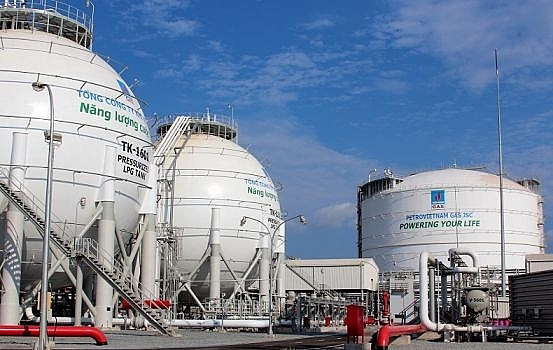 LNG Power Plant (LNG) in Bac Lieu province
LNG Power Plant (LNG) in Bac Lieu province
In the 2016-2020 period, most tariff lines under the FTAs have entered the period of being deeply cut or completely removed. Foreign enterprises, including Singaporean firms, can make full use of much-touted benefits of those FTAs to increase export revenue as well as expand export market.
But to be able to enjoy preferential tariffs under FTAs, the products must meet requirements under the rules of origin. Goods eligible for preferential treatment under FTAs have to meet general or product-specific rules of origin, and have appropriate documentation, known as the certificate of origin (C/O).
Most of FTAs will allow some manufactured goods to apply the Cumulative rules of Origin. Cumulative rules of origins are methods of calculating the value of the “originating” portions of materials from different countries in the same FTA in the final value of the finished product to determine the origin of the finished product. Basically, the aggregation rule allows a product of a member country to continue to process, process and add value in other member countries of the FTA area to enjoy tariff concessions. In this way, the goods manufacturing process can use raw materials from many FTA member countries, which will be aggregated in certain ways to calculate value added in the FTA area to the Products.
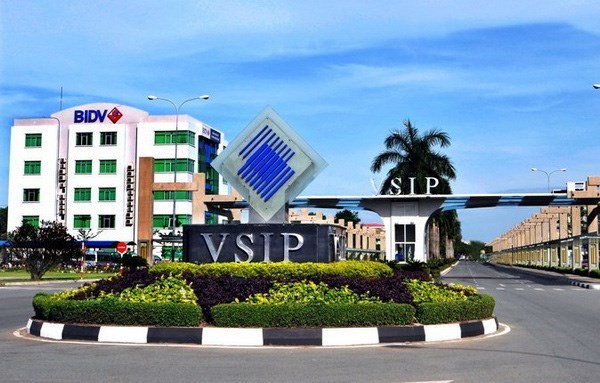 This means that input goods imported by Singaporean businesses from Vietnam and vice versa will also be considered the domestic content of Singapore (and Vietnam) to determine the origin of the final product to export to these FTAs markets.
This means that input goods imported by Singaporean businesses from Vietnam and vice versa will also be considered the domestic content of Singapore (and Vietnam) to determine the origin of the final product to export to these FTAs markets.
In other words, most inputs will enjoy 0% tax regime. The proportion of Vietnam products with ingredients made in Singapore is quite large. With cumulative rule”, many products produced by Singapore FDI companies in Vietnam can benefit from FTAs when export to these markets.
Since establishing diplomatic relations in 1973, Vietnam and Singapore have strongly developed in all fields of politics, defense, security, economy and culture.
As of November 2020, the total registered capital of Singaporean businesses in Vietnam reached 56.3 billion USD with 2.612 projects. This year, Singapore has been pouring into 197 new projects in Vietnam with a total capital investment of 5.4 billion USD.
Singapore ranked 1st among countries and territories investing in Vietnam in the first 11 months of 2020. Registered capital increased sharply thanks to the project of LNG Power Plant (LNG) in Bac Lieu province with capacity of 3,200MW, operated by Delta Offshore Energy Pte. Ltd invested with a total registered capital of 4 billion USD. In addition, in June, Viking Asia Holdings II Pte. Ltd purchased 6% shares of Vinhomes Joint Stock Company worth USD 650 million. Taking aside Bac Lieu LNG project, number of newly licensed projects from Singapore stay nearly equivalent to the same period in 2019. Mergers and acquisitions are still main investment form for Singaporean investors, accounting for nearly 44% of the total registered investment capital from Singapore to Vietnam in 11 months.
Bilateral trade turnover in 2020 is estimated to reach 22 billion SGD. Among ASEAN countries, Singapore ranks fourth in term of trade volume with Vietnam. Vietnam has also become Singapore’s top ten largest trade partners. The two countries are complementary to each other in terms of trade. Singapore is both a consuming market and an important transit market for Vietnamese goods to access third country markets. It is also an important market for Vietnam, supplying input materials for production, machinery, equipment and technologies.
At different Webinar events co-organized by the Vietnam Trade Office in Singapore, a lot of businesses, especially young and SME entrepreneurs from Singapore have showed the interest to expand their activities/explore new opportunities to cities other than Ho Chi Minh, Hanoi and Da Nang to reduce risk and find new markets, reduce business costs. With the FTA network, Vietnam – Singapore economic cooperation may experience a new impetus. Singapore companies can reap benefits in areas such as: logistics services, e-commerce services, high tech application, food manufacturing, real estate…
Vietnam has a safe and stable investment environment, fast and sustainable economic growth as well as young and low-cost human resources. The country has done a good job in controlling COVID-19. To attract foreign investment, Vietnam has continuously reformed and simplified administrative procedures and policies, offering a large number of incentives in corporate income tax and import tax.
(Source: VTO)
